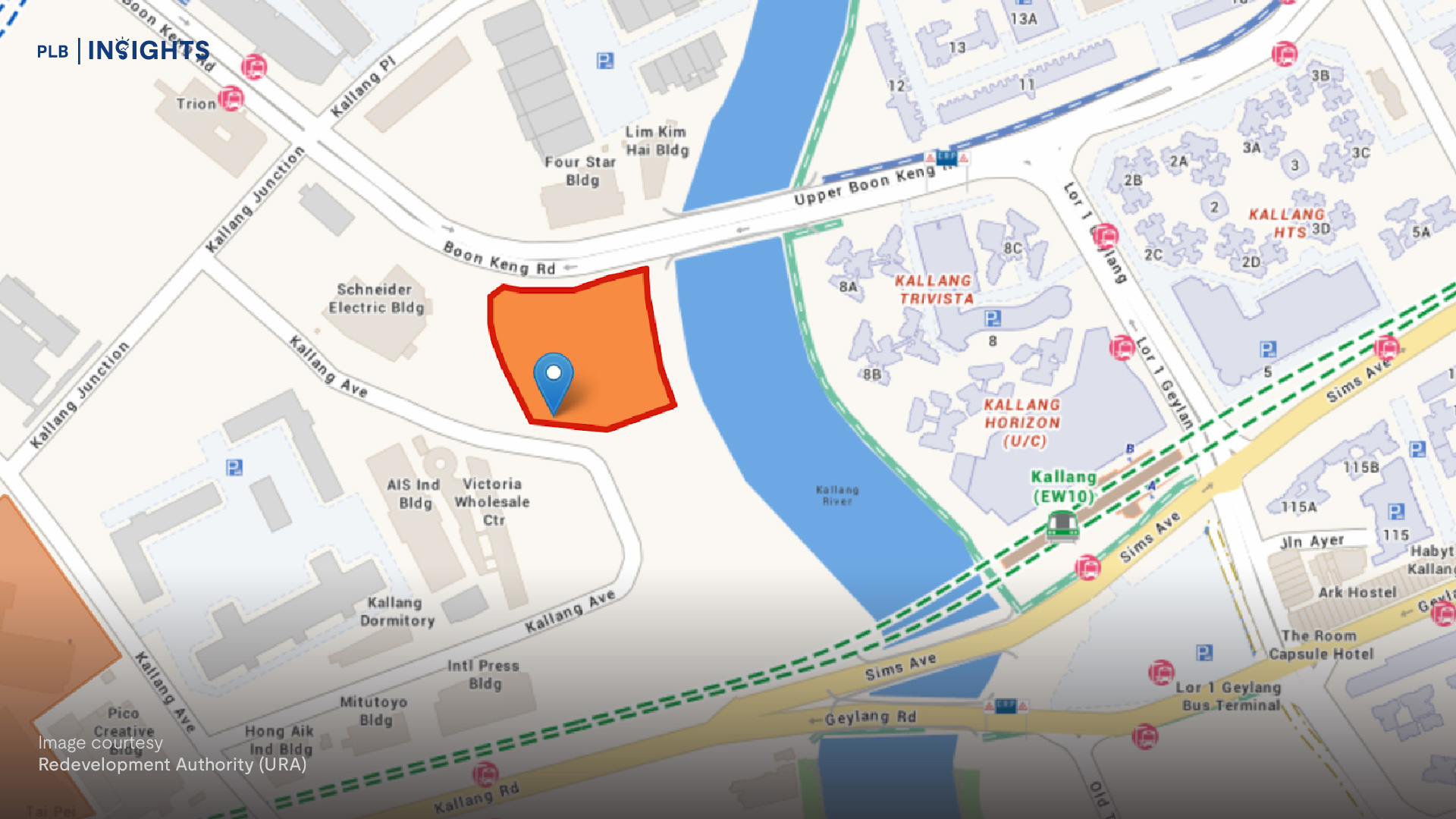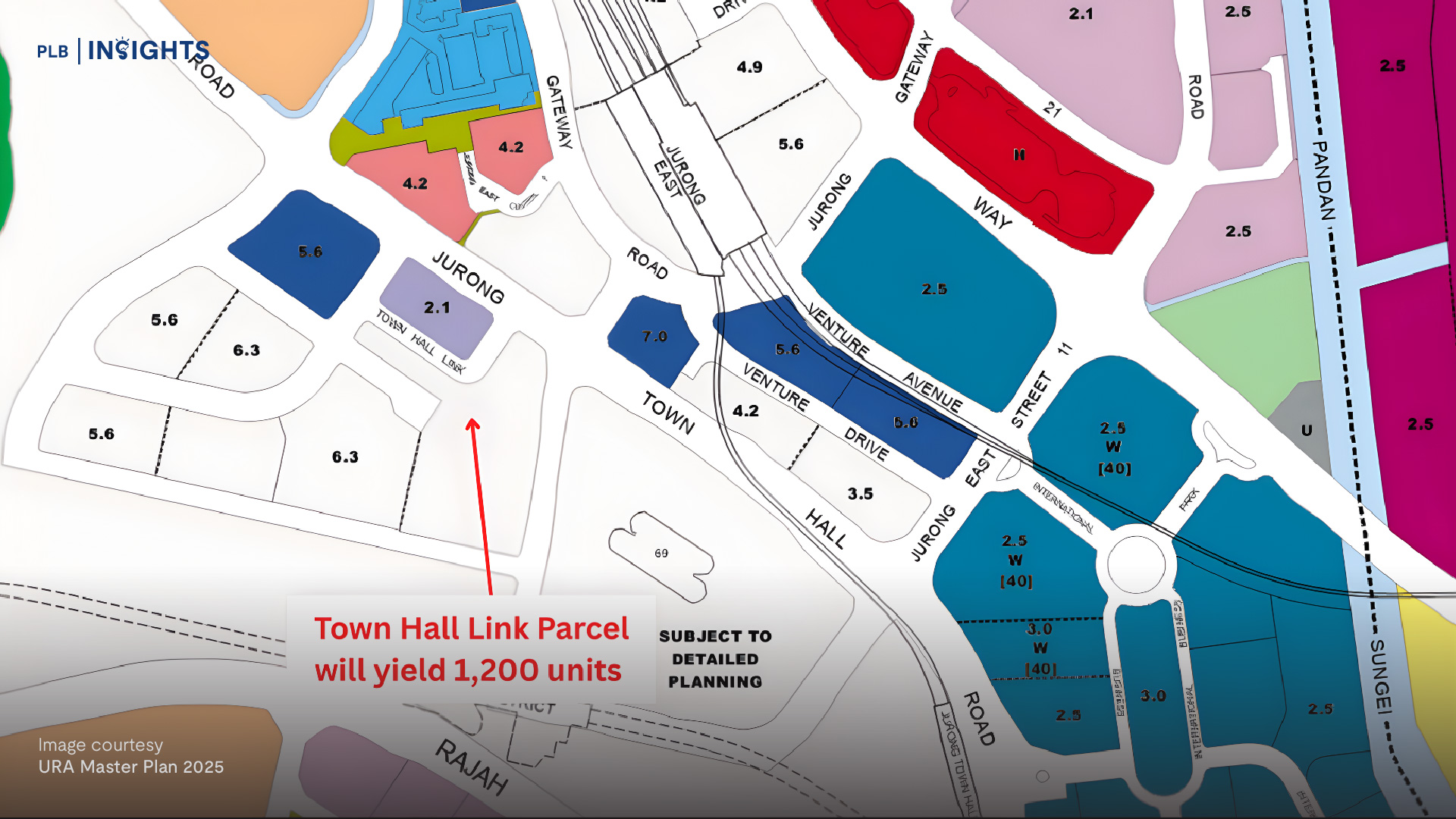
Today, we are going to discuss the 5 factors that help you determine the right price to purchase a resale private property. As real estate agents, we get asked these questions on the ground a lot by clients, or by friends and relatives. So these are the exact steps we take in the PropertyLimBrothers team before listing a property for sale.
Now, the first one we’re going to talk about is to look at the asking price of a property.
Asking Price
Almost everyone has access to the internet now. You can simply go on Property Portals. You search for properties that are listed in this development right now, and you can check out what is the asking price of similar units that are in that property itself. All right, so that is the very first stage to get a good sense of what are other sellers asking for. Are they asking for high prices? Is it because their unit is more renovated? Is it on a higher floor? Is it a penthouse? Is there a better view? Things like that. Also when you’re doing your research, you also can look at the photos.
Recent Transacted Prices
The second thing that we’re going to look at is actually the last transacted prices or recent transacted prices in the last 6 to 12 months. Why do we look at transacted prices? Number one, this is actually what the banks will look at when they are going to loan you the money for you to purchase a property. They’ll base the valuation of your property on the last transacted or recent transacted prices. So if you see that a unit that you are looking at in the same block or in the same stack but on a higher floor, transacting at a lower price, or the unit that you are actually considering to purchase has a higher asking price than the norm in the development, then sometimes the banks might not be able to match this valuation. So the last recent transacted prices are very important to consider when you are actually thinking about buying resale properties. Now let’s move on to the third thing.

Highest Transacted Price
All right. The third thing is actually the highest transacted price in the development itself. All right, so what this means is that in the last maybe three to five years of the property’s lifespan, what was the highest ever transacted price for this development? Because that will give you a good understanding of the ceiling of what is the possible price that this development can actually achieve even during the peak stages of the property cycle in Singapore.
Peak Price
Now, the fourth thing is the peak price of the property. The difference of this vis-a-vis the Highest Transacted Price is that this takes into consideration the entire lifespan of the development versus the last couple of years. What this means is that during the lifespan of the property cycle in Singapore for this property development X, what was the highest ever peak price that was achieved before? It might be in the recent six months. It could be in the last three years even. Because if you, today you buy this property and you make that peak price, then the question to ask yourself is, would you be confident that it will rise any further than what you have just purchased the property at?
Below Market Value
The last point is the market price. Are you able to buy this resale private property below market value today? So if let’s say you check with your banker, “Hey Mr Banker, can you tell me for property X, what price can I get for the valuation for?” If he tells you this property is only worth $800,000 today, but you can buy it at let’s say 750,000, then that’s probably a good indication that you are getting it below market price. Because as an investor you want to be able to buy things below so that eventually there is a potential for gains to happen in the next maybe three to five years. It’ll be a bonus if you can get it below market price.
These are the five things that our team usually looks at whether as a property investor or when we’re advising our clients or friends/family.
Feel free to drop our team a message if you’re starting on your first private property journey or have any queries.
Cheers
Marc Chan









